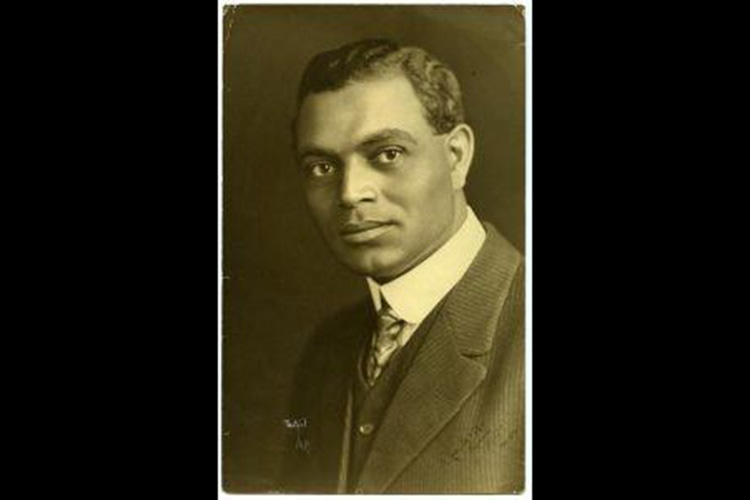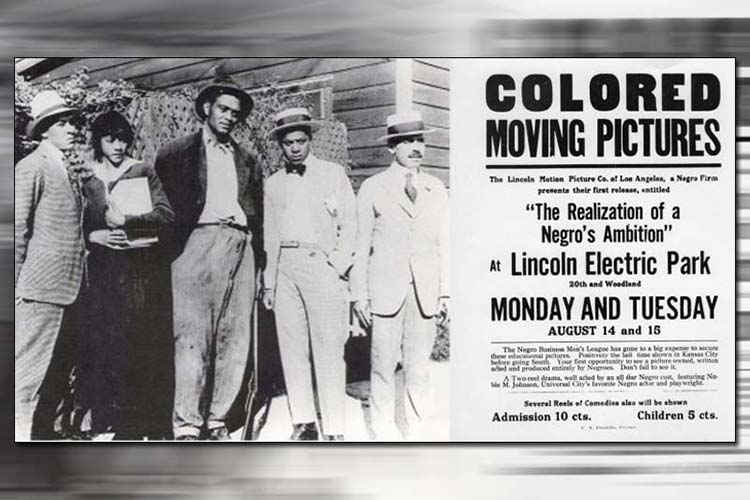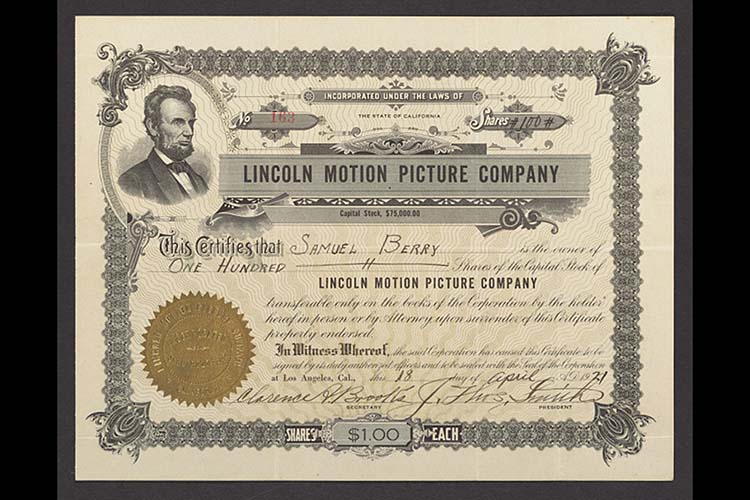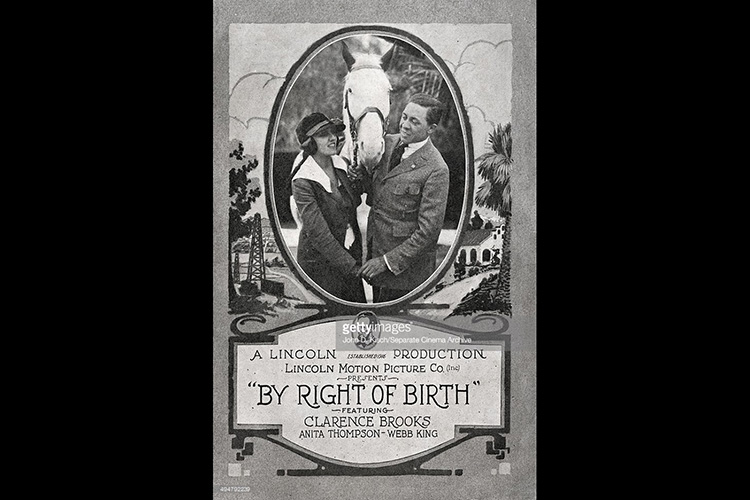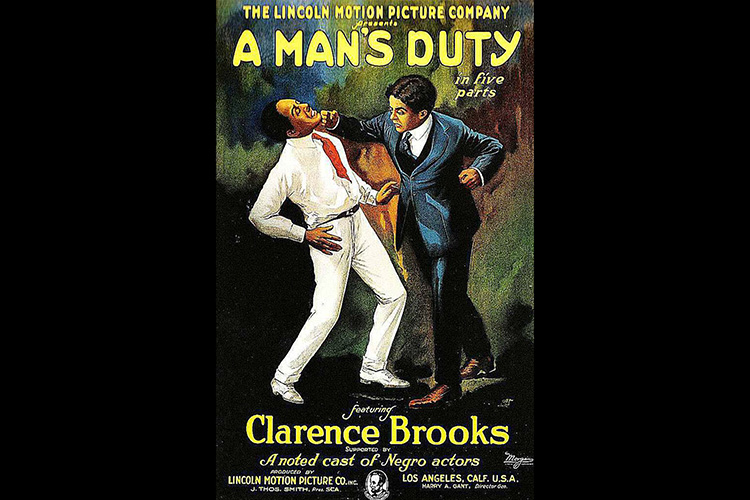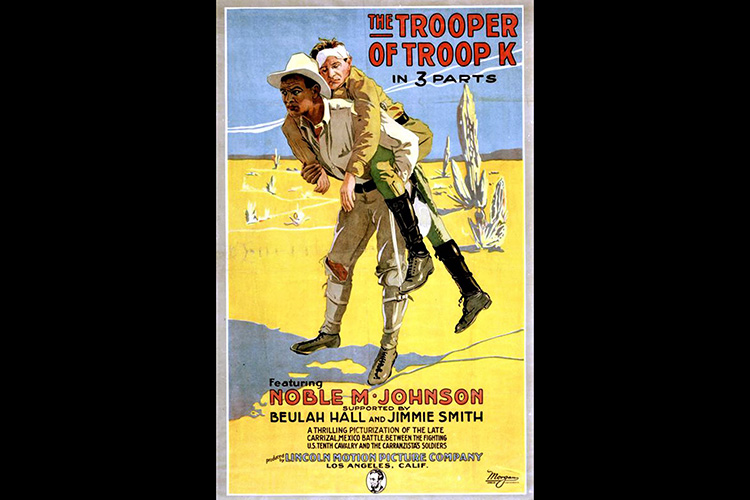“Our Reputation is your Protection” - The Lincoln Motion Picture Company
While contemplating Tyler Perry's impressive 330-acre Tyler Perry Studios, which surpasses the combined size of Disney, Warner Bros., and Paramount studios in Los Angeles and Burbank, California, I found myself delving into the history of Black filmmakers. Although Perry's accomplishments are truly remarkable, he isn't the first Black individual to own a studio. That distinction belongs to Noble Johnson, who, along with his brother George, founded The Lincoln Motion Picture Company in 1916. Noble Johnson served as the company's president, while Clarence A. Brooks, an actor, held the position of secretary. Dr. James T. Smith, a prosperous druggist, acted as treasurer, and Dudley A. Brooks initially served as the assistant secretary. The marketing of Lincoln productions was overseen by Noble Johnson's brother, George Johnson, a postal clerk residing in Omaha, Nebraska.
Lincoln Films earned a reputation for highlighting African American talent across the full spectrum of cinema. The company was officially incorporated on January 20, 1917, with the value of produced films and equipment appraised at $15,623.68 by Henry McRae, manager of production at Universal, and actor Harry Carey, who often used Noble Johnson as a character actor in his films (Johnson’s film career in Hollywood began in 1913 and included a small role in Cecil B. DeMille’s The Squaw Man), and on April 30, 1917, it received approval to issue 25,000 shares of common stock.
Their first production was the drama "The Realization of a Negro's Ambition" in 1916, followed by "A Trooper of Troop K" in 1917, which depicted the massacre of Black troops in the Army's 10th Cavalry during the American operation against Mexican bandits and revolutionaries in 1916. Although the Johnson brothers aspired to reach broader audiences, their films were primarily screened at special locations, including churches, schools, and a handful of "Colored Only" theaters across America. By 1920, the Lincoln company had completed five films, including "A Man's Duty" in 1919, but it ultimately remained a modest business venture.
But without access to a broader audience, "White audiences were not interested in colored films at the time, even though The Los Angeles Examiner noted with a condescending consternation, that "By Right of Birth“ offers proof that colored players can develop histrionic talent above that required for straight comedy", the Lincoln Motion Picture Company faced inevitable failure, and "By Right of Birth" marked the company's final foray into film production. Sadly, the Lincoln Motion Picture Company's existence came to an end in 1921.
While the company only lasted five years, it demonstrated that Black individuals can establish successful businesses and deliver high-quality work, even when facing significant challenges. This resilience is a major source of our strength and one of the reasons why we inspire both awe and incite fear. Once we find our footing, gain confidence in our abilities, and wholeheartedly pursue our goals, Black people become an unstoppable force.
#TylerPerry #TylerPerryStudio #TheLincolnMotionPictureCompany #NobleJohnson #BlackFilmmakers #HollywoodHeritage #RobertSBirchard #MuseumsintheDigitalAge #NationalMuseumofAfricanAmericanHistoryandCulture #BlackFacts #MPJINews


